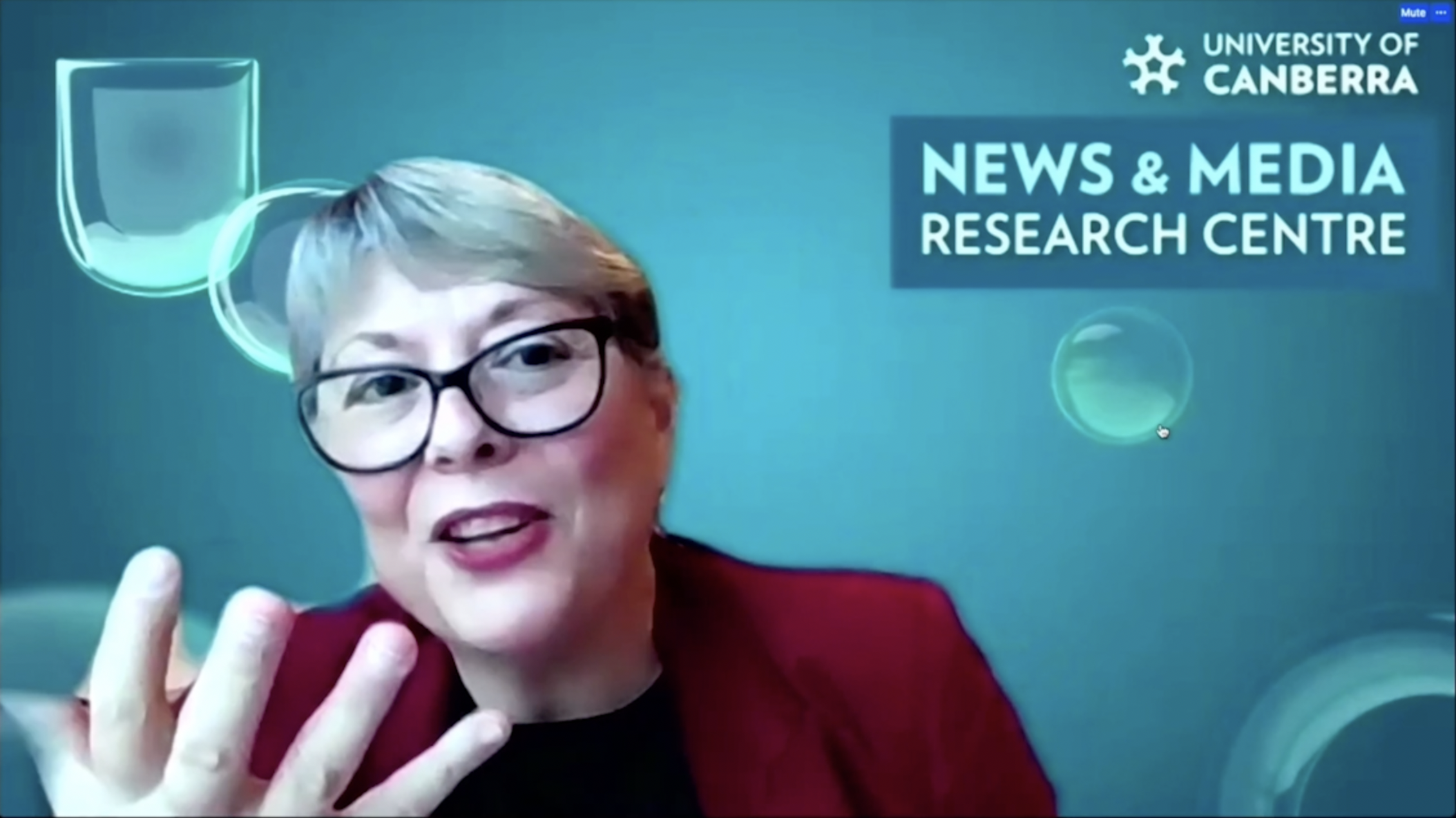5 takeaways:
➀ The norms of objectivity in journalism change with the times. The partisan newspapers founded by or with political parties in the 1800s gave way to the penny press, which was made more affordable and less partisan to appeal to the masses, said Kathleen McElroy, director of the School of Journalism and a professor at The University of Texas at Austin. In 1919, Walter Lippman, horrified by coverage of the Russian revolution, asserted that reporters should use a scientific method for objective reporting, and this continued for decades, McElroy said. “A lot of journalism in the ’50s and ’60s to be perfectly honest, even a lot of the coverage of the Civil Rights Movement, is stenography, it’s not journalism,” she said. But journalists were “hiding behind this strategic ritual” of deciding which facts to include where, which inherently involves subjective news judgment. In the 1970s, “new journalism” and “gonzo journalism” again challenged the prevailing standards of objectivity, she noted. “The whole idea of objectivity comes and goes and comes and goes,” she said. (Read full transcript here.)
➁ In a widely debated new decision, a judge upheld the Washington Post’s right to impose its own standards of objectivity against a reporter. The judge dismissed with prejudice a discrimination lawsuit filed by Post reporter Felecia Sonmez, who was banned from covering #MeToo issues after she disclosed that she was a sexual assault survivor. The judge wrote, “Accepting the truth of Mrs. Sonmez’s assurances of her objectivity, it does not follow that readers of The Post would have confidence that its stories were the product of objective reporting. And that the stories were not affected even by implicit biases of a reporter who made public statements about her own personal experiences with the subject of the story because she had been sexually assaulted. News media companies have the right to adopt policies that protect not only the fact, but also the appearance of impartiality.” McElroy criticized the decision , saying the “appearance of impartiality” standard ignores the perception that journalists who have suffered a sexual assault may be more qualified to cover #MeToo issues.
➂ Objectivity is “weaponized” against journalists of color, McElroy said. “There were Black reporters not allowed to cover the O.J. Simpson trial, because they were Black … I don’t think any white reporters were banned from the Timothy McVeigh trial because they were white. So, there’s always been this thing that the reason you might have been hired is also a reason that you may not be unbiased enough,” she said, adding, “Should women be allowed to cover abortion?” McElroy cited journalist Wesley Lowery’s 2020 charge that “the mainstream has allowed what it considers objective truth to be decided almost exclusively by white reporters and their mostly white bosses.” Of the Sonmez decision, McElroy said, “Those who defend objectivity like this judge don’t look like me.”
➃ In most newsrooms, standards are applied unevenly – and always have been. Back in 1955, a sociologist named Walter Breed wrote a piece called “Social Control in the Newsroom,” in which he documented the existence of a star system. “And that’s the problem with objectivity, rules are applied when it’s convenient to be applied,” McElroy noted.
➄ Don’t legitimize lies, do know your newsroom’s social media policies, McElroy advised. “Some stories don’t have two sides. All right? There is no reason to report on someone who is a Holocaust denier … No, that’s not a story … We do not want to legitimize illegitimate voices.” But reporters must cover politicians who lie, and it is not lack of objectivity to point out that lie. “You have to cover these folk and you just have to keep pointing out every time it’s a lie. Make that your ritual.”
This program was funded by Arnold Ventures. NPF is solely responsible for the content.







